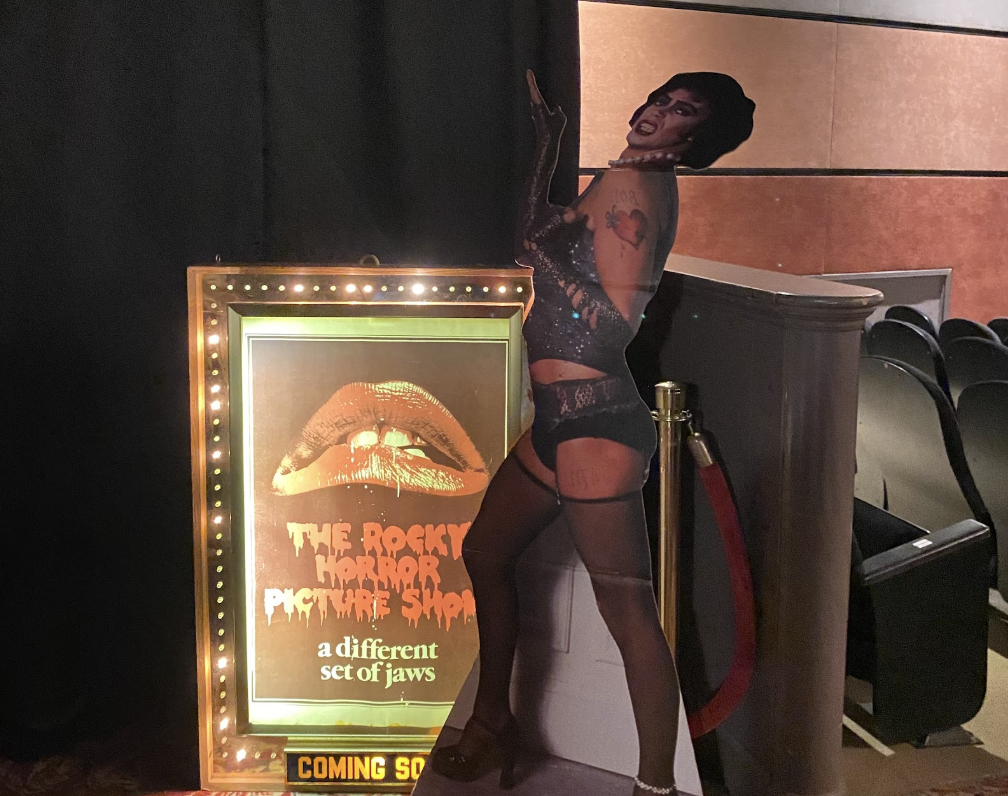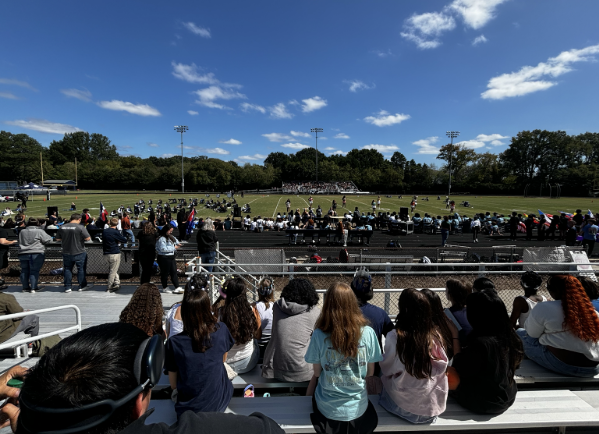Sound Opinions
Should social media influence your future?
Since social media has become growing in popularity, Twitter, Facebook, Instagram, and Youtube are common platforms that admissions representatives and employers browse during the application process.
March 16, 2017
As the time comes for students to apply for jobs and college, there has always been one looming question: should colleges and employers check social media for applicants? Recently, colleges and employers have been known to browse social media platforms such as Twitter, Facebook, Instagram, Youtube, Pinterest, and other popular programs. Their reasoning behind this? Your true identity cannot be seen on paper.
Though this may seem like nonsense to students, social media gives the admissions teams for universities and businesses insight on the kind of people they are hiring. Resumes can only tell employers so much about a person, and a simple Google search could provide them with examples of the applicant’s personality, friend group, and work ethic. Students have always been told to be careful on social media, but now as college and the workforce draw near, students should be careful of what they put in plain view.
Since 2008, 40 percent of college admissions officers reported browsing various social medias to get a second opinion on what this student is like off paper. Admissions representatives can only learn so much about students on paper, and social media provides them with a way to learn more about the applicant. Checking social media can be useful for colleges and jobs in more ways than just declining an applicant. Looking at one’s personal life can give insight on the personality, work ethic, and even religious affiliation of applicants. Senior Michael Pryor said, “When you go for an interview, you’re going to act professional for them. You can put on a false show for employers, but when you’re out on the job, you can act completely different. Social media gives that insight.”
There have been instances where students have put racially offensive pictures on Twitter, and their high schools had to intervene. From then on, those students would not receive the same blank slate as most students who apply to the same colleges as them. Posting videos, pictures, or even quotes that can be racially intolerant, relate to obscenities, or have affiliations with drugs and gangs can lower ones chances with an employer or college significantly. Use this as an example to be careful of what you put out on the internet. Not only should one be careful on their social media because of future colleges and employers, but keeping your reputation in check is important as well.












